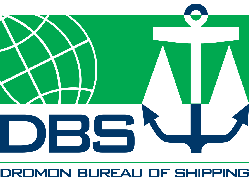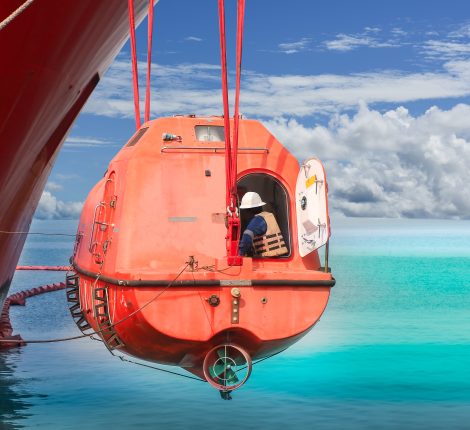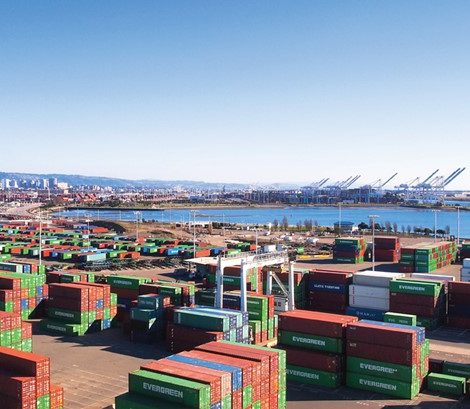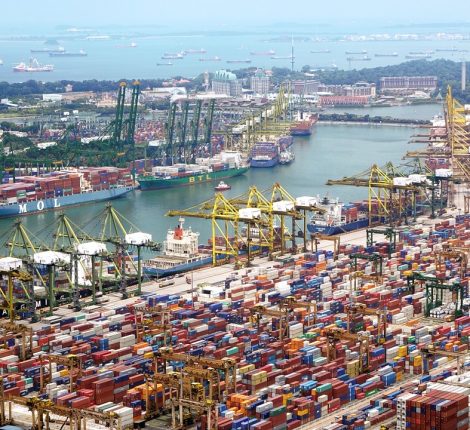- September 3, 2021
- 2021 , Circulars
- Comments : 0
(40-20) Amendments to the International Maritime Dangerous Goods (IMDG) Code
03 September 2021 | C21027
The Maritime Safety Committee, at its 102nd session, approved the amendments to the IMDG Code, coming into force on June 01, 2022 with voluntary basis since January 01, 2021.
NOTICE TO
Ship Owners/ Managers/ Operators | Surveyors/Auditors
The IMDG Code lays down basic principles on the transport of dangerous goods by sea. It contains detailed recommendations for individual substances, materials and articles and a number of recommendations for good operational practice, including advice on terminology, packing, labelling, stowage, segregation and handling and emergency response action.
The Maritime Safety Committee (MSC), at its 102th session (4-11 November 2020), adopted the (40-20) Amendments to the IMDG Code, through IMO Resolution MSC.477(102), which shall enter into force on June 01, 2022 with a voluntary application since January 01, 2021.
The (40-20) Amendments includes revisions to various sections of the Code and to transport requirements for specific substances and are now harmonized with the 21st edition of the UN Model regulations. Among others, the amendments consist: :
- segregation requirements for alcoholates;
- segregation in relation to liquid organic substances;
- classification and transport of carbon, following incidents involving the spontaneous ignition of charcoal;
- classification of UN portable tanks for multimodal transport; and
- provisions for labels.
In Japan, however, is mandatory to use (40-20) Amendments from 1st January 2021.
Act now
Shipowners / Managers / Operators should take into consideration the above amendments to the IMDG Code and are encouraged to consider their early implementation since January 01, 2021.





